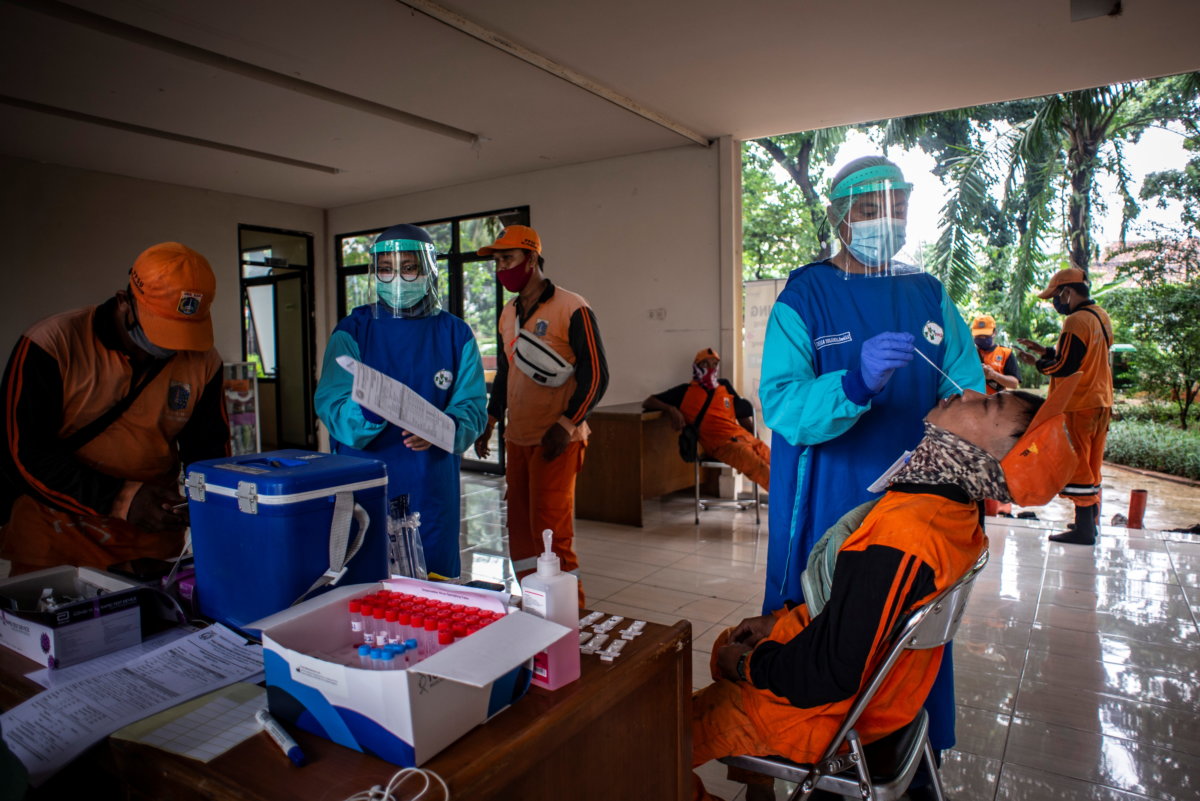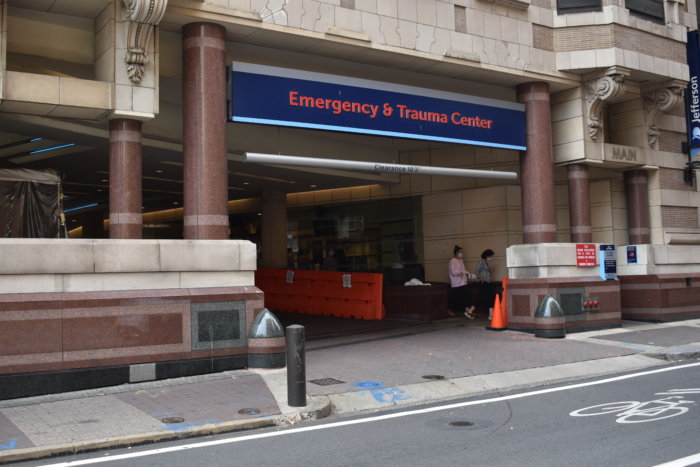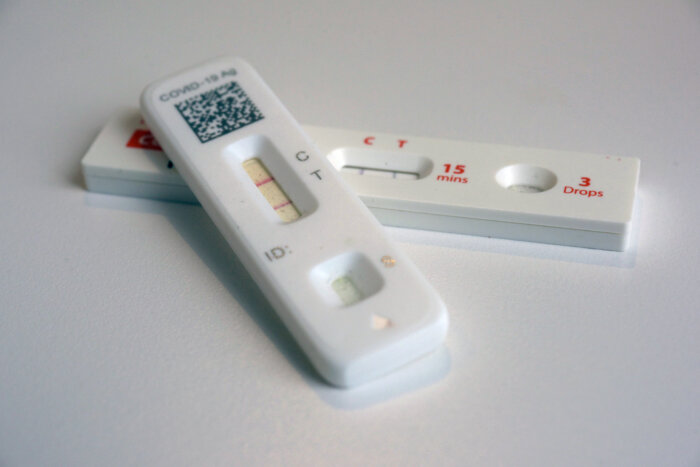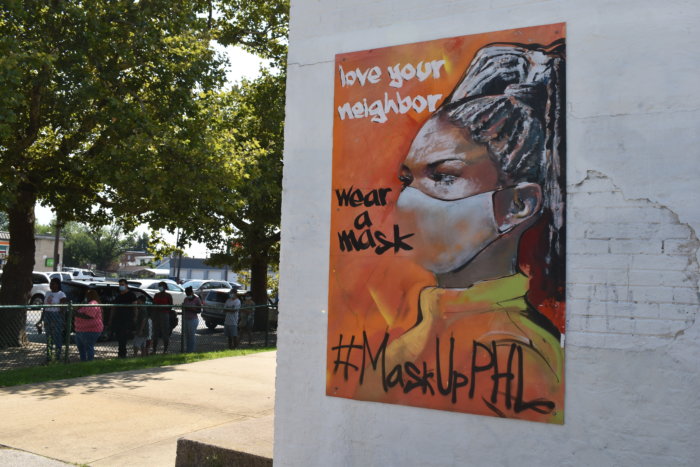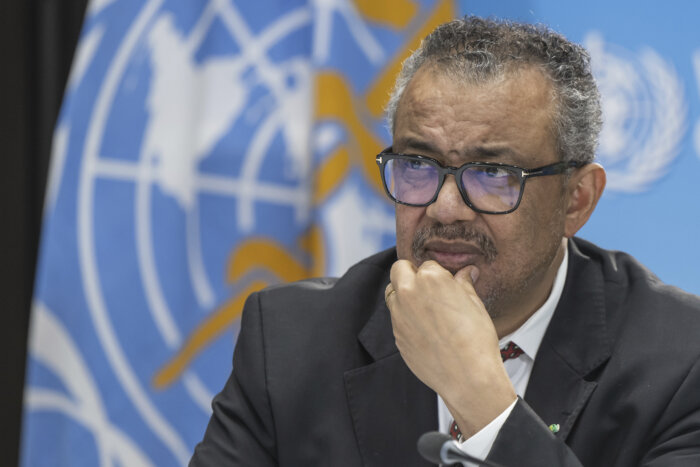Here’s what you need to know about the coronavirus right now:
Indonesia records its lowest rate of positive tests
Indonesia’s daily coronavirus positivity rate dropped below the World Health Organization’s benchmark standard of 5% this week for the first time, an indicator the country’s devastating second wave could be easing.
The positivity rate, or the proportion of people who test positive, peaked at 33.4% in July when Indonesia became Asia’s coronavirus epicentre, driven by the highly contagious Delta variant.
On Monday that rate fell to 4.57%, the lowest since March 2020, when Indonesia’s first cases were reported, according to independent data initiative, Kawal COVID-19.
Vaccination rates surge in Sydney’s hard-hit suburbs
Daily infections in Sydney fell for a third straight day on Tuesday but still lingered near record levels as the outbreak spurred a spike in vaccination rates in the hard-hit western suburbs of Australia’s largest city.
Officials have promised residents in Sydney, the epicenter of Australia’s worst coronavirus flare-up, more freedom once vaccinations reach first 70%, then 80%, as a lockdown now into its eleventh week fails to quash the Delta variant.
“Don’t be left behind when we start opening up. When we open up at 70% double dose, it will be only for those who are vaccinated,” New South Wales state Premier Gladys Berejiklian said.
Hong Kong to reopen China border for some residents
Hong Kong leader Carrie Lam said on Tuesday that some residents from China and the former Portuguese colony of Macau will be allowed to enter the city without undergoing quarantine from Sept. 15, relaxing strict border restrictions.
Speaking at her weekly press conference, Lam said the government would let up to a total of 2,000 residents from both places enter the financial hub each day, subject to certain requirements such as a negative COVID-19 test prior to arrival.
Visitors would have to undergo 14 days of quarantine on return to the mainland or Macau.
Reopen schools or disaster looms, experts tell Indian authorities
Many top Indian epidemiolgists and social scientists are urging authorities to reopen in-person school classes for all age groups, saying the benefits outweigh the risks especially as poor rural children are missing out on online education.
The recommendation comes as experts say another COVID-19 wave in India this year could be far less deadly, because a dramatic rise in cases in April and May means a majority of the population have been infected already, while more than half of its adults have been at least partly vaccinated.
India last month approved its first COVID-19 shot for people under 18, though as of now only adults are being immunised.
Get vaccine or please quit, Zimbabwe tells government workers
Government workers in Zimbabwe who do not want to be vaccinated against COVID-19 should resign, its justice minister said on Tuesday.
The southern African nation has so far vaccinated 2.7 million people, against a target of inoculating two-thirds of its 15 million population by the end of the year. President Emmerson Mnangagwa’s government says it has paid for 12 million doses from China.
Ziyambi Ziyambi said while Zimbabweans would not be forced to get vaccinated, those in the public service had a responsibility to protect the public by getting COVID-19 shots.
Reuters



